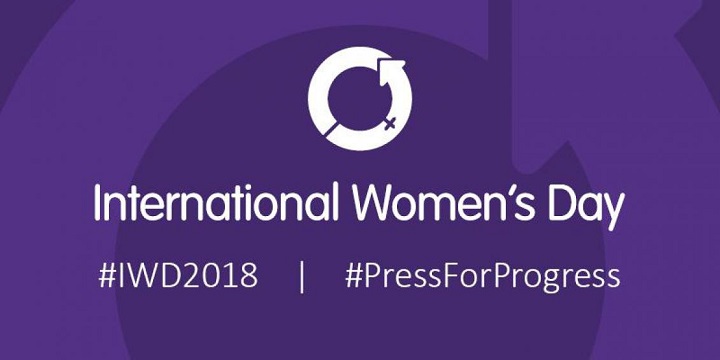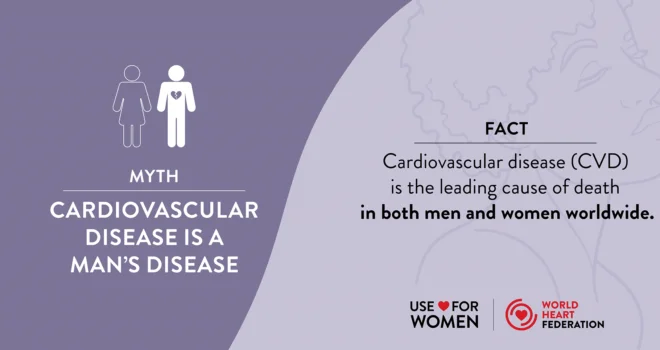
Today is International Women’s Day, an opportunity to celebrate the social, economic, cultural and political achievements of women, as well as a global call to action for accelerating gender equality.
When it comes to heart disease, women are still being left behind. A study published in the Journal of the American Heart Association earlier this year found that women are up to three times more likely to die following a serious heart attack than men as a result of receiving unequal care and treatment.
From their very first point of contact with healthcare professionals, women are less likely to receive the same diagnostic tests, leading to them being 50% more likely to be initially misdiagnosed. Researchers also found that women were 34% less likely to receive procedures which clear blocked arteries, such as bypass surgery and stents, 24% less likely to be prescribed statins, which help to prevent a second heart attack, and 16% less likely to be given aspirin, which helps to prevent blood clots. This is despite guidelines suggesting all three treatments should be given to both genders.
Professor Jeremy Pearson, associate medical director at the British Heart Foundation, which part funded the study, said: “Heart attacks are often seen as a male health issue, but more women die from coronary heart disease than breast cancer in the UK. The findings from this research are concerning – women are dying because they are not receiving proven treatments to save lives after a heart attack. We urgently need to raise awareness of this issue as it’s something that can be easily changed. By simply ensuring more women receive the recommended treatments, we’ll be able to help more families avoid the heartbreak of losing a loved one to heart disease.”
Last month, the unique role of gender in CVD was also featured in Circulation journal’s Go Red For Women issue, which focused on women’s heart health.
“In the United States, 1 in 4 women die from heart disease, yet the vast majority of women remain unaware that the single greatest risk to their health and longevity is heart disease,” said Dr Joseph Hill, editor-in-chief of Circulation, a journal of the American Heart Association. The issue highlighted topics such as cardiovascular aspects of pregnancy and its complications, risk factors, symptoms of heart attack and mental stress, among others.
We encourage our members and partners to take this day as an opportunity to think about how we can better empower and support women so they can lead heart healthy lives, and we wish a very happy International Women’s Day to all the incredible women we have the opportunity to work with and support every day!


